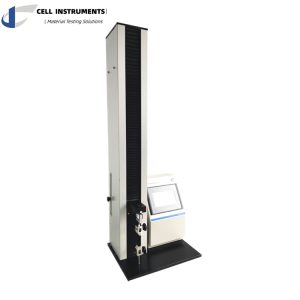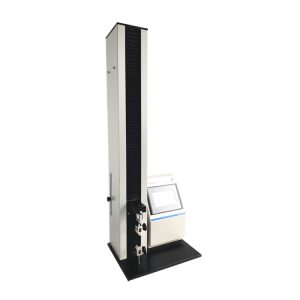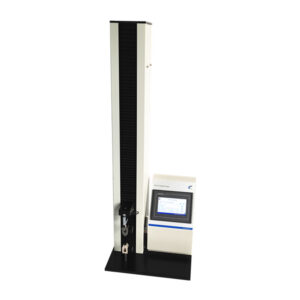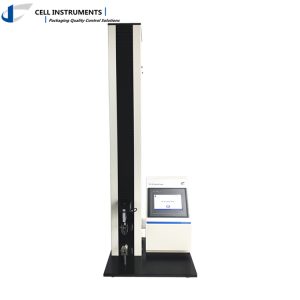ASTM E4
応募書類
ASTM E4 covers testing machines used to measure the force or load applied during material testing. These machines can be used for a variety of materials including metals, plastics, ceramics, and composites.
テストプロセス
- 較正: Calibration of the testing machine is performed using known standards and calibration devices.
- Verification: Verification of the machine involves checking its accuracy and precision by comparing the applied load to the standard.
- Documentation: Record all calibration and verification data for traceability and validation.
テスト結果の解釈
- Calibration Results: Should fall within the permissible error range specified by ASTM E4.
- Verification Results: If the machine’s readings deviate from the standard, adjustments are necessary to ensure accurate measurements.
- Repeatability: Consistent results across multiple tests indicate proper machine functioning.
テストの意義
- Accuracy: Ensures that testing machines provide reliable and accurate data for material properties.
- Quality Control: Helps in maintaining the integrity of material testing processes.
- Compliance: Assures adherence to industry standards and regulations.
機器要件
- Load Sensors: Must have appropriate accuracy and range for the specific materials tested.
- Calibration Equipment: Standard weights or load cells for calibration.
- Documentation: Proper records of calibration and verification activities.
予防
- 定期校正: Perform periodic calibration to maintain accuracy.
- Environmental Factors: Control temperature and humidity to prevent impacts on machine performance.
- Maintenance: Regularly inspect and maintain the machine to prevent wear and tear that could affect accuracy.
参照
全 3 件を表示





